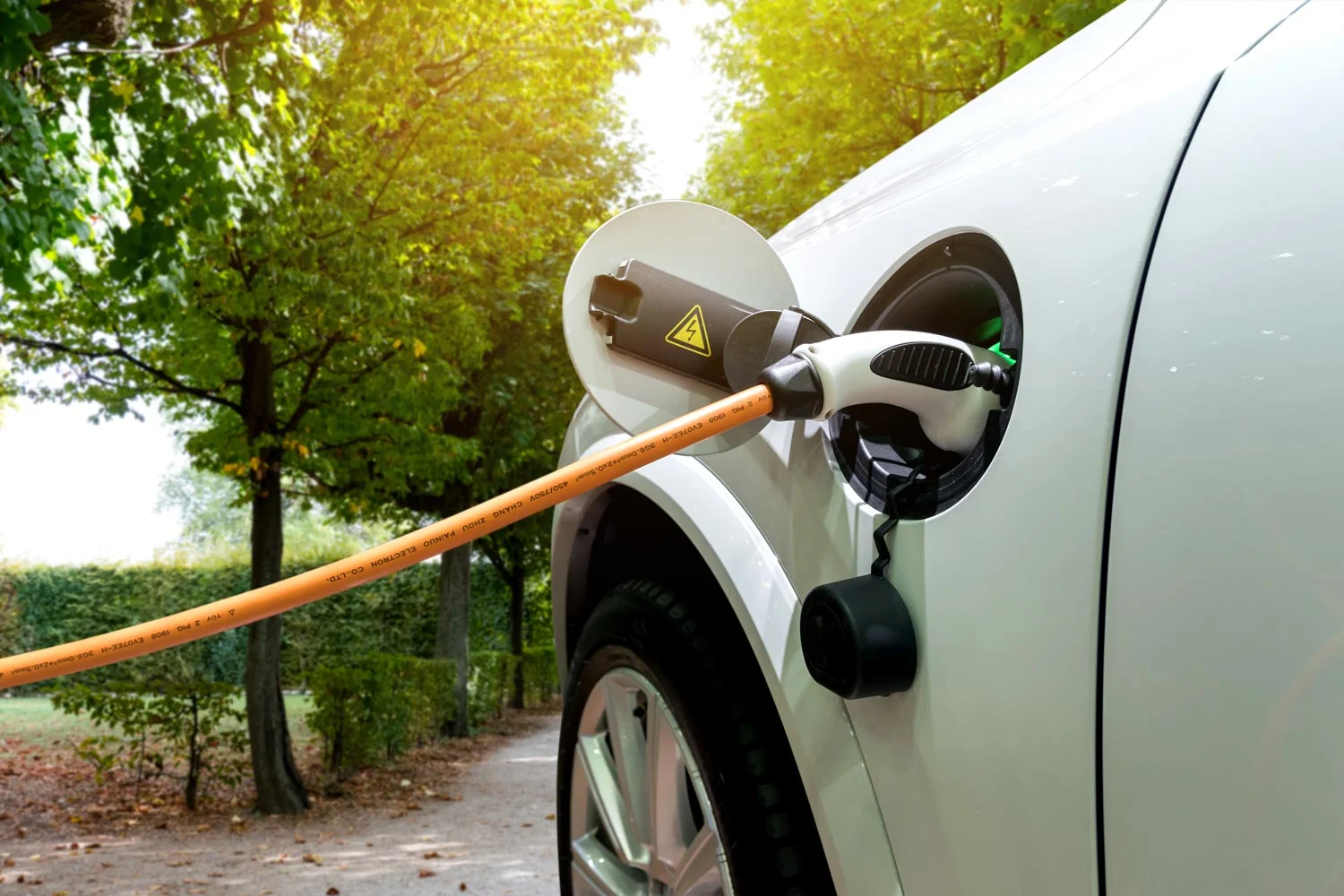A comprehensive guide covering everything you need to know about electric car insurance
So, now you have made the decision to switch to an electric car, perhaps your next step is to choose the right insurance for your vehicle. Finding affordable insurance and knowing the difference between conventional and EV insurance is critical in selecting the right insurer.
Here’s a list of questions EV drivers frequently ask about electric vehicle insurance:
Do all mainstream insurance companies insure electric cars?
Does it cost more to insure an electric car?
What are the key differences between regular car insurance and EV insurance?
1. Do all mainstream insurance companies insure electric cars?
The majority of mainstream insurance companies (such as Aviva and Admiral) have integrated EVs into their quotation systems.
This is great news for EV drivers as insuring an electric car is far more straightforward and there is little or no difference in the cover for an EV compared to petrol or diesel.
Something to consider are specialist insurance companies which offer more tailored policies for low emission vehicles. These specialist insurance brokers tend to have the expertise and a better understanding of the market.
Some manufacturers provide insurance packages as an option to customers, as with a traditional ICE (internal combustion engine) vehicle.
With all these options, it’s easier to find electric car insurance now than it was when EVs were first launched.
2. Does it cost more to insure an electric car?
The insurance industry generally applies a higher group rating to electric cars compared to traditional ICE vehicles. According to an article in the telegraph, “Drivers swapping gas-guzzling cars for greener electric vehicles face paying nearly 50pc higher insurance bills”.
However, it’s very important to keep in mind that the insurance group rating of a car is only one factor considered when insurance companies calculate your insurance quote. The key factor is the risk profile of the driver of the car.
3. What are the key differences between regular car insurance and electric car insurance?
The insurance protects you in the event of an accident involving your EV. However, as electric cars operate differently to traditional ICE vehicles they do present some unique issues for insurers such as:
Costs of specialised parts Repairs by specialist mechanics Expensive Batteries Potential risk to pedestrians due to vehicle not making a sound
Based on the above, policies will be slightly different to a regular insurance policy.
Click here for more information
Ask the right questions when contacting insurers:
When you are in contact with the insurer it's vital to ask the right questions.
- If you lease your battery on a contract separate from owning the vehicle, it is important to make your insurance company aware of this to prevent problems, should a claim be necessary.
- When charging your EV, there is a risk to members of the public as they could trip and injure themselves on your charging cable. Make sure that you have adequate liability insurance cover included in your electric car insurance policy.
- Does the insurance company provide temporary additional cover? When contacting an insurer for quotes, check if the policy includes sufficient cover for the short-term loan of a car in addition to the main EV.
Here’s 5 tips to help keep the cost of electric vehicle insurance down:
Tip #1:
Limit drivers: The more drivers you have covered by your policy the more it’s likely to cost. Younger drivers are more expensive, so remember to take your children off once they have their own cars.
Tip #2:
Mileage: Insurers recognise the fact that cars that are on the road less often are less likely to be involved in an accident. It may be beneficial to accurately work out your mileage to quote to your insurer, but it’s important to make sure this figure is accurate as exceeding the amount could result in increased premiums.
Tip #3:
Increase your excess: Most insurers offer discounts if you are prepared to opt for a higher excess. However, make sure that you’re able to afford it as this is the amount you will be asked to contribute towards a claim.
Tip #4:
Install black box / smart monitor: An insurer can install a device that monitors how the car is being driven so that careful driving can be rewarded i.e. Aviva Drive.
Tip #5:
Pay your premium upfront: Paying for your insurance in monthly instalments by direct debit rather than the full annual amount may make it seem more manageable. But it's quite likely you will incur interest charges. The cheapest method of buying insurance is a one off direct debit payment.

